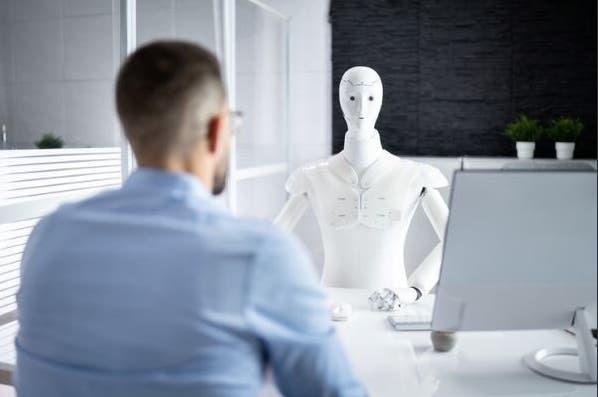OpenAI Jobs Platform due to launch next year

OpenAI is preparing to launch an AI-powered jobs platform that could place the company in direct competition with LinkedIn, even though Microsoft, LinkedIn’s parent company, remains its largest financial backer.
The new service, called the OpenAI Jobs Platform, is due to go live by mid-2026, a spokesperson told TechCrunch.
In a blog post by Fidji Simo, OpenAI’s head of applications, the platform will “use AI to help find the perfect matches between what companies need and what workers can offer.” It will include a track aimed at small businesses and local governments, allowing them to tap into AI talent that has often been out of reach.
Expanding into recruitment
The jobs initiative appears to be part of a wider push to broaden OpenAI’s business beyond ChatGPT. Chief executive Sam Altman has already indicated that new applications are in development, including a browser and a potential social platform.
The expansion signals a move into territory traditionally dominated by Microsoft’s own portfolio, raising questions over how the partnership between the two firms may evolve.
At the same time, OpenAI is extending its educational efforts. A pilot programme for OpenAI Certifications will begin later in 2025, offering different levels of “AI fluency” accreditation. These qualifications build on the OpenAI Academy, a free online learning hub launched earlier this year.
OpenAI has pledged to certify 10 million Americans by 2030 and is working with partners including John Deere, Accenture and several US state governments.
The ChatGPT maker also confirmed that retail giant Walmart will play a prominent role as a launch partner to the Jobs Platform.
“By bringing AI training directly to our associates, we’re putting the most powerful technology of our time in their hands—giving them the skills to rewrite the playbook and shape the future of retail,” said John Furner, chief executive of Walmart US.
Workforce concerns
The announcement comes amid growing debate over how artificial intelligence could reshape the labour market. Simo acknowledged that disruption was inevitable, writing: “Jobs will look different, companies will have to adapt, and all of us – from shift workers to CEOs – will have to learn how to work in new ways.”
That concern is widely shared, as we recently reported that nearly half of UK adults fear AI’s impact on jobs.
It was reported in July that more than 10,000 positions were cut in the United States, with the job losses directly attributed to the adoption of artificial intelligence.
Tech leaders have also sounded warnings, with Anthropic chief executive Dario Amodei predicting that up to half of entry-level white-collar positions could vanish before 2030.
For OpenAI, the challenge will be balancing its vision of creating new economic opportunities with the unease surrounding automation, while also navigating the sensitivities of competing directly with its most powerful backer.

